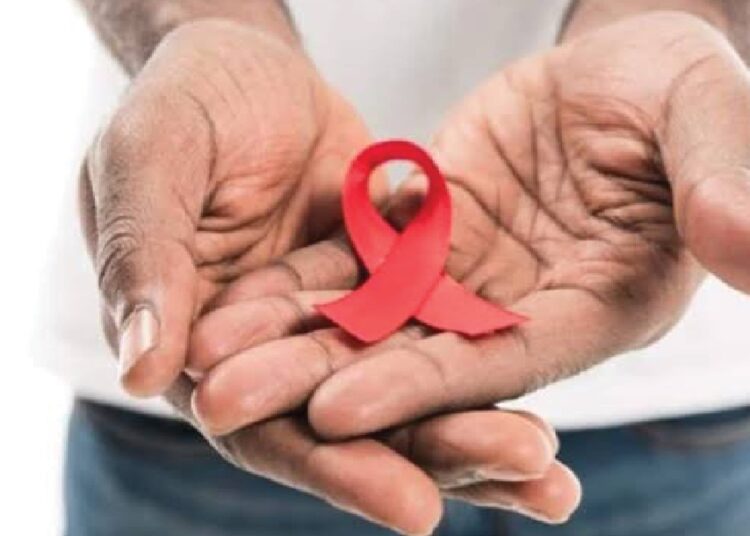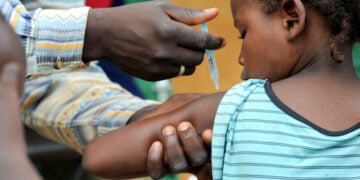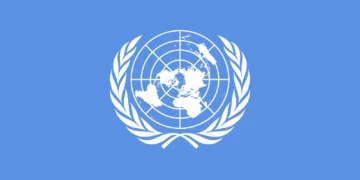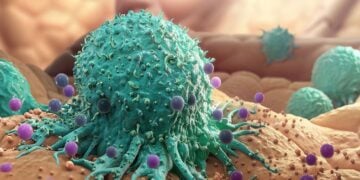A new report by the International Agency for Research on Cancer (IARC), a specialised branch of the World Health Organisation (WHO), has projected a staggering 38% increase in global breast cancer cases by 2050.
Published in Nature Medicine on Monday, the report also warned that deaths from the disease could rise by 68% annually if current trends persist. According to projections, the world could see 3.2 million new breast cancer cases and 1.1 million related deaths each year by mid-century.
The report highlighted that the rising burden of breast cancer will be disproportionately felt in low-and-middle-income countries, where access to early detection, treatment, and care remains limited.
IARC scientist and co-author of the report, Joanne Kim, provided a grim perspective on the disease’s global impact.
“Every minute, four women are diagnosed with breast cancer worldwide, and one woman dies from the disease,” she said, adding that the statistics are worsening over time.
However, she noted that countries could “mitigate or reverse these trends by adopting primary prevention policies, such as WHO’s recommended ‘best buys’ for non-communicable disease prevention, and by investing in early detection and treatment.”
Breast cancer remains the most common cancer among women worldwide and the second most common cancer overall. In 2022 alone, an estimated 2.3 million new cases were diagnosed, with 670,000 deaths reported.
The report underscored significant regional disparities in breast cancer incidence and mortality rates. The highest incidence rates were recorded in Australia, New Zealand, North America, and Northern Europe, while the lowest rates were found in South-Central Asia and parts of Africa.
On the other hand, the highest mortality rates were observed in Melanesia, Polynesia, and Western Africa, where limited access to healthcare leads to poorer outcomes.
The link between breast cancer survival and economic development was stark. In high-income countries, 83% of diagnosed women survive, whereas in low-income countries, more than half of women diagnosed with the disease do not survive.
To address these disparities, WHO launched the Global Breast Cancer Initiative in 2021, aiming to reduce breast cancer mortality rates by 2.5% per year. The initiative is expected to prevent 2.5 million deaths by 2040 through early detection, timely diagnosis, and access to quality treatment.
Isabelle Soerjomataram, Deputy Head of IARC’s Cancer Surveillance Branch, emphasised the role of data-driven policies in combating the disease, particularly in low-income regions.
“Continued progress in early diagnosis and improved access to treatment are essential,” she said. “These will help to address the global gap in breast cancer and ensure that the goal of reducing suffering and death from breast cancer is achieved by all countries worldwide.”
The report underscored the pressing need for stronger health systems, increased funding for breast cancer screening and treatment, and the adoption of cost-effective prevention strategies.





